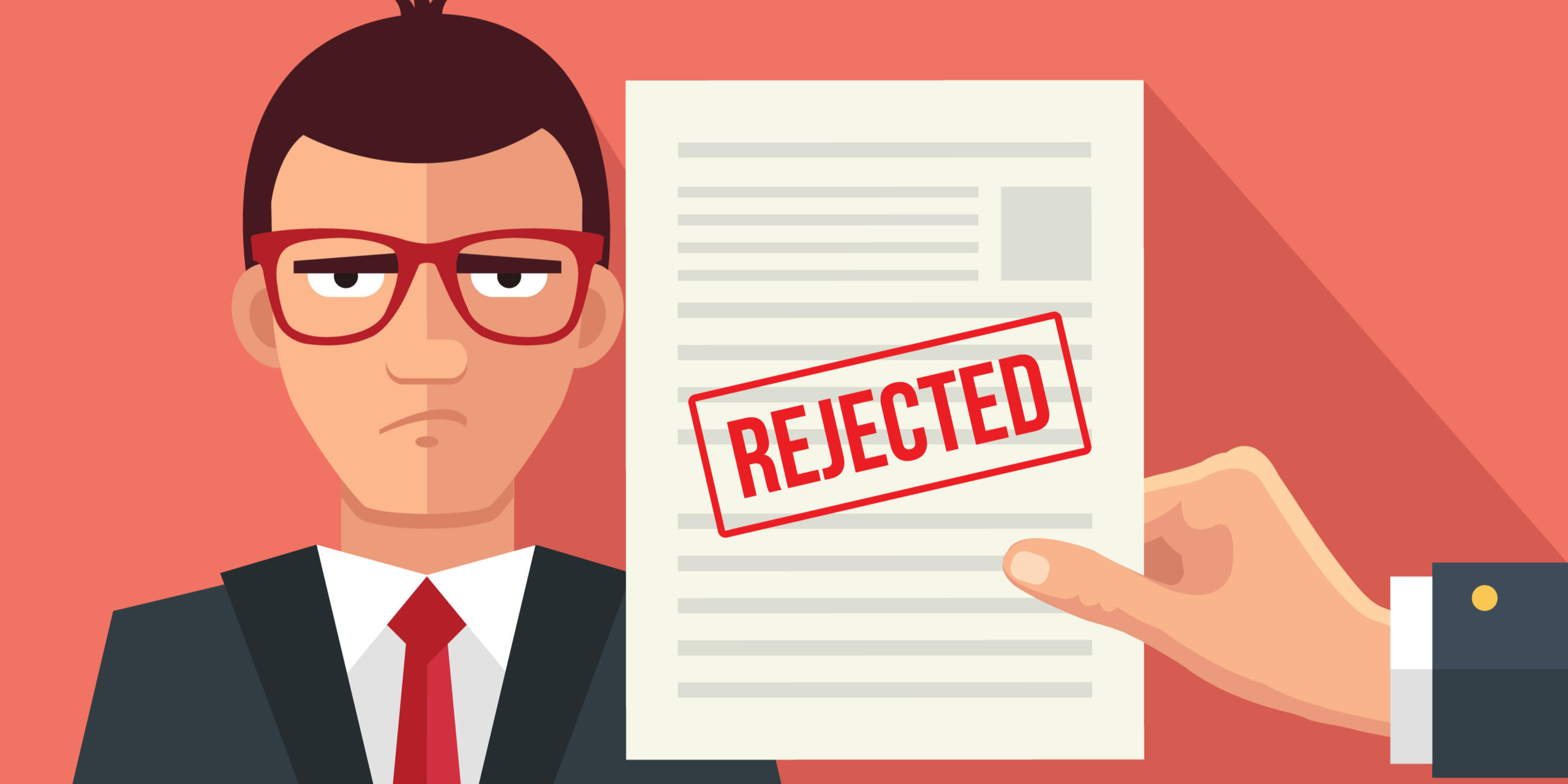Being rejected is one of the toughest experiences that an individual can face in his/her career life! Rejection comes in many flavors. There are the non-responsive employers who don’t even acknowledge your application, or the no’s that come after the interview when you’ve come so close to the prize only to have it given to someone else. No one likes being rejected as it’s the worst situation that can make you doubt your own self-worth. However, don’t take it personally; rejection is actually a great time to reflect, evaluate the situation, and determine where you can improve next time. Here are psychological methods on how to deal with this event.
Don’t let job rejection throw you in a shallow swamp of negativity.
Remember that you should try to let the negativity go, as frustration won’t aid your continuing search for a new job. Also, remember that calling you for an interview is a strong evidence of your efficiency as plenty of candidates haven’t reached that stage. However, because you may want to re-apply for another job with the same employer in the same company, so don’t burn the bridges.
Don’t take it personally.
The “No” doesn’t underestimate your value as a person or your ability to perform the job requirements. This is just a business decision not a personal one. So, don’t take it personally. Bear in mind, you’re qualified enough, but someone may have beaten you out just with one or two accomplishments or skills to his credit.
Use the failure experience as a lesson.
As you’re trying to move forward, take a look backward to see what hasn’t
Remember your achievements.
As you pass through frequent rejections, you’re susceptible to start viewing yourself as an unsuccessful person. Don’t let that mentality take hold. Instead, keep in mind your relevant key professional achievement and skill at every role you’ve held thus for recently or from near past. When you’ve a clear, accurate sense of yourself, you’ll be able to target appropriate opportunities and position yourself for success.
Realize that the hiring process extend far beyond the interview room.
Having a flawless resume and cover letter as well as going through the interview smoothly doesn’t mean you got the job. There are other factors that extend the walls of the
Ask yourself what could you do better?
Keep your search process going on.
It can be tempting to put your job search on hold while you wait to hear back about a role, but it’s important to keep your job search in motion until you have accepted a position. Continue to stay in touch with your network of professional contacts and maintain contact with your recruitment professionals. This sort of proactive approach nurtures your confidence, and also helps to prevent your banking on a role that doesn’t land in your lap. Handling rejection is never
Stay Positive
For a dream career, click here.








 2023-05-04
2023-05-04
 2023-05-03
2023-05-03
 2023-04-26
2023-04-26
 2023-04-17
2023-04-17
 2022-12-09
2022-12-09